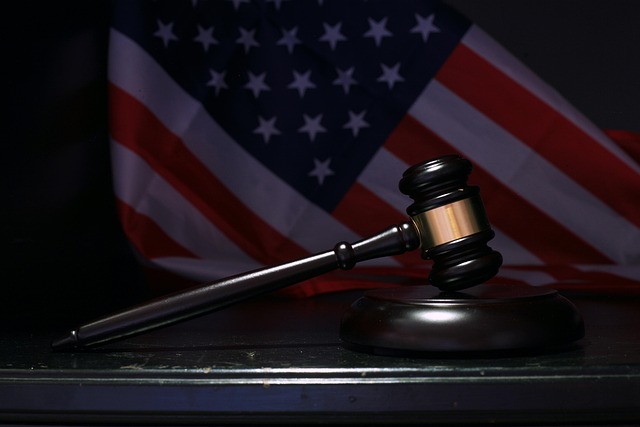The Lakeland Behavioral Health lawsuit addresses patient rights violations, malpractice, and contractual disputes, requiring understanding of healthcare laws. It involves filing claims, gathering evidence, and presenting court cases to prove negligence or harm. Strategies may include medical malpractice, patient care negligence, and mental health regulation violations, aiming to show inadequate treatment leading to adverse outcomes. Successful litigation can secure compensation and set precedents for improved accountability in the mental health care system. This ongoing lawsuit highlights the impact of legal action on facility operations and patient outcomes, potentially driving innovation and reform across the industry.
“Learn about the legal actions surrounding Lakeland Behavioral Health through this comprehensive guide. We delve into the fundamental aspects of the Lakeland Behavioral Health lawsuit, including key legal strategies employed by affected parties. Explore potential claims against the facility and understand the broader impact of such litigation on mental health care. Discover how these cases shape the future of mental health treatment and patient rights.”
- Understanding Lakeland Behavioral Health Lawsuit Basics
- Potential Claims and Legal Strategies Against Lakeland
- The Impact and Future of Litigation Against Mental Health Facilities
Understanding Lakeland Behavioral Health Lawsuit Basics

A Lakeland Behavioral Health lawsuit involves legal actions taken against the organization for various reasons, including alleged violations of patient rights, malpractice, or contractual disagreements. These cases can arise from a range of circumstances, such as inadequate care, neglect, or breaches of confidentiality. Understanding the basics is crucial for both potential plaintiffs and those interested in the mental health services sector.
When pursuing a Lakeland Behavioral Health lawsuit, individuals or their legal representatives must navigate complex laws and regulations pertaining to healthcare and patient rights. The process typically involves filing a claim, gathering evidence, and presenting it before a court of law. It’s essential to demonstrate negligence or intentional harm caused by the organization’s actions or inactions. This may include examining records, expert opinions, and witness testimonies to build a compelling case.
Potential Claims and Legal Strategies Against Lakeland

When considering potential claims against Lakeland Behavioral Health, it’s crucial to explore a range of legal strategies. A Lakeland Behavioral Health lawsuit could encompass various areas, including medical malpractice, negligence in patient care, and violation of mental health regulations. Plaintiffs may argue that the facility failed to provide adequate treatment, leading to exacerbation of existing conditions or even new injuries.
Legal tactics might involve gathering comprehensive medical records, interviewing former patients and staff, and consulting with expert witnesses who can attest to industry standards. The goal is to demonstrate Lakeland’s failure to adhere to these standards and the direct consequences for patients. This could result in significant compensation for victims and their families, setting a precedent for improved accountability within the mental health care system.
The Impact and Future of Litigation Against Mental Health Facilities

The impact of litigation against mental health facilities, such as the ongoing Lakeland Behavioral Health lawsuit, can have profound effects on patient care and treatment standards across the industry. When patients or their families take legal action, it often shines a light on potential lapses in care, prompting institutions to reassess their practices and policies. This can lead to significant improvements in service delivery, ensuring better outcomes for future patients.
Looking ahead, the future of litigation in this domain may drive further innovation and accountability within mental health services. As more cases come to light, so too will increased scrutiny on facility management, potentially encouraging proactive measures to prevent harm and promote ethical practices. The Lakeland Behavioral Health lawsuit could thus serve as a catalyst for widespread reform, ultimately enhancing patient safety and the overall quality of care in the sector.
The ongoing legal actions against Lakeland Behavioral Health highlight a critical need for transparency and accountability within mental health facilities. As the discussions around potential claims and legal strategies evolve, understanding the impact of such litigation is essential. This article has explored the basics of the Lakeland Behavioral Health lawsuit, potential claims, and the broader implications for the future of mental health care. By shedding light on these aspects, we aim to foster a more informed dialogue, emphasizing the importance of addressing patient rights and safety in the pursuit of revolutionary changes within the industry.
